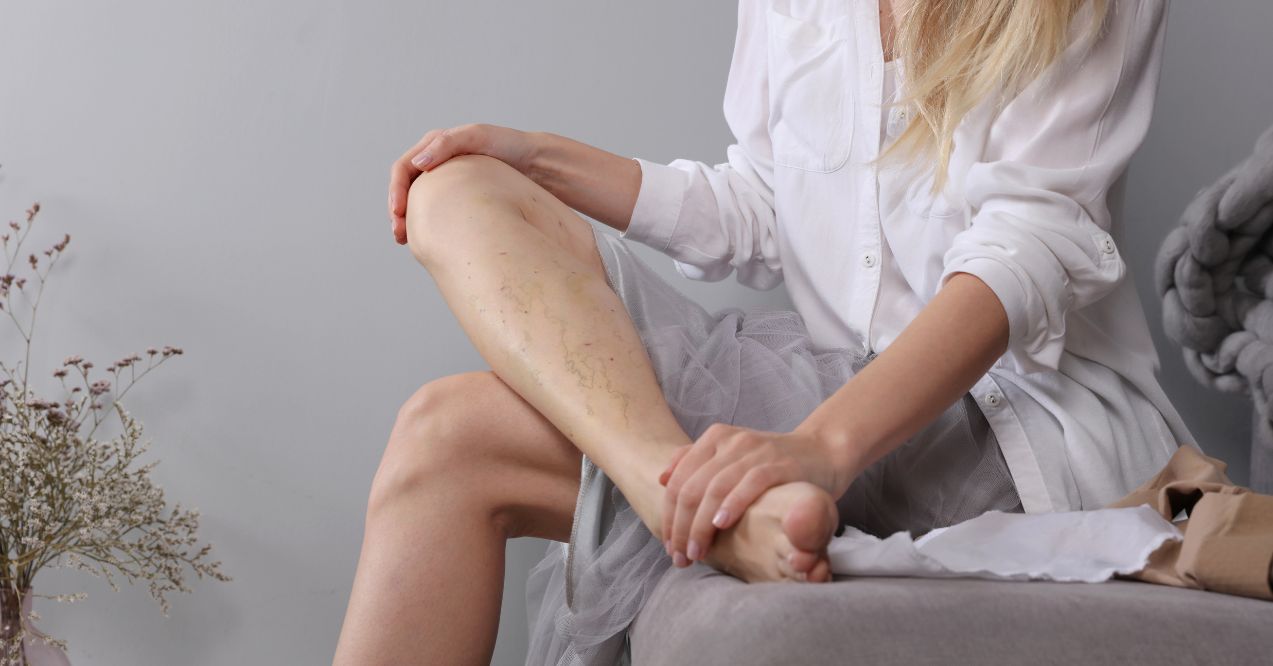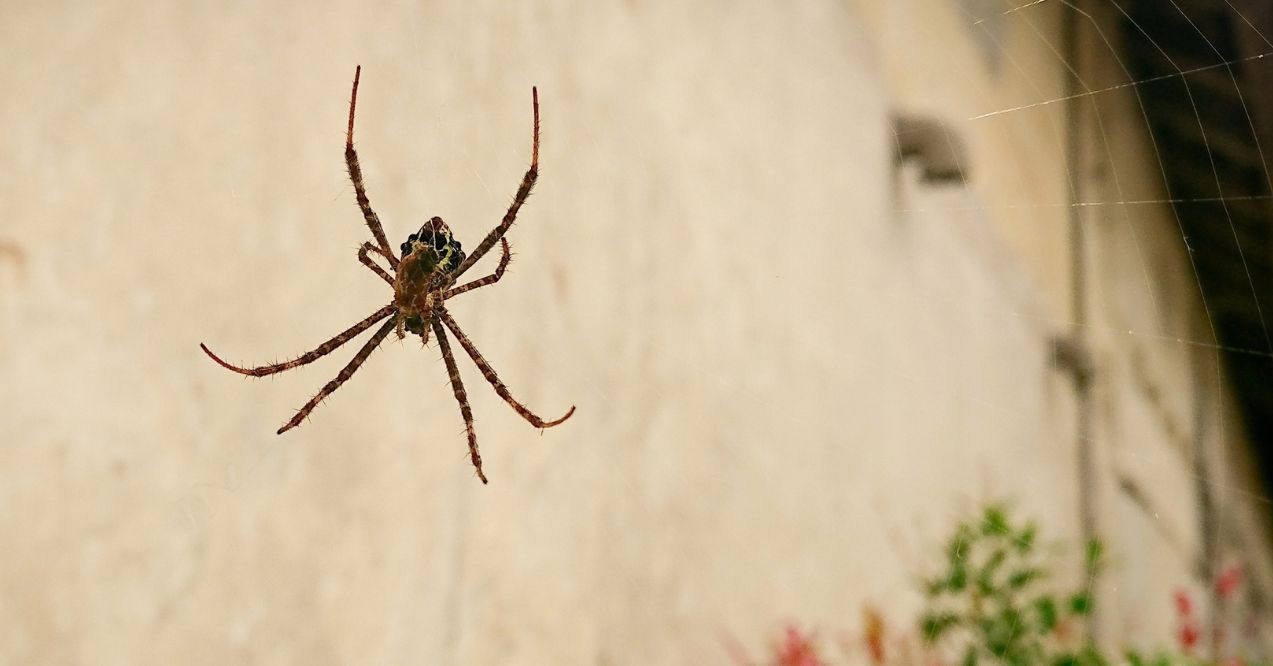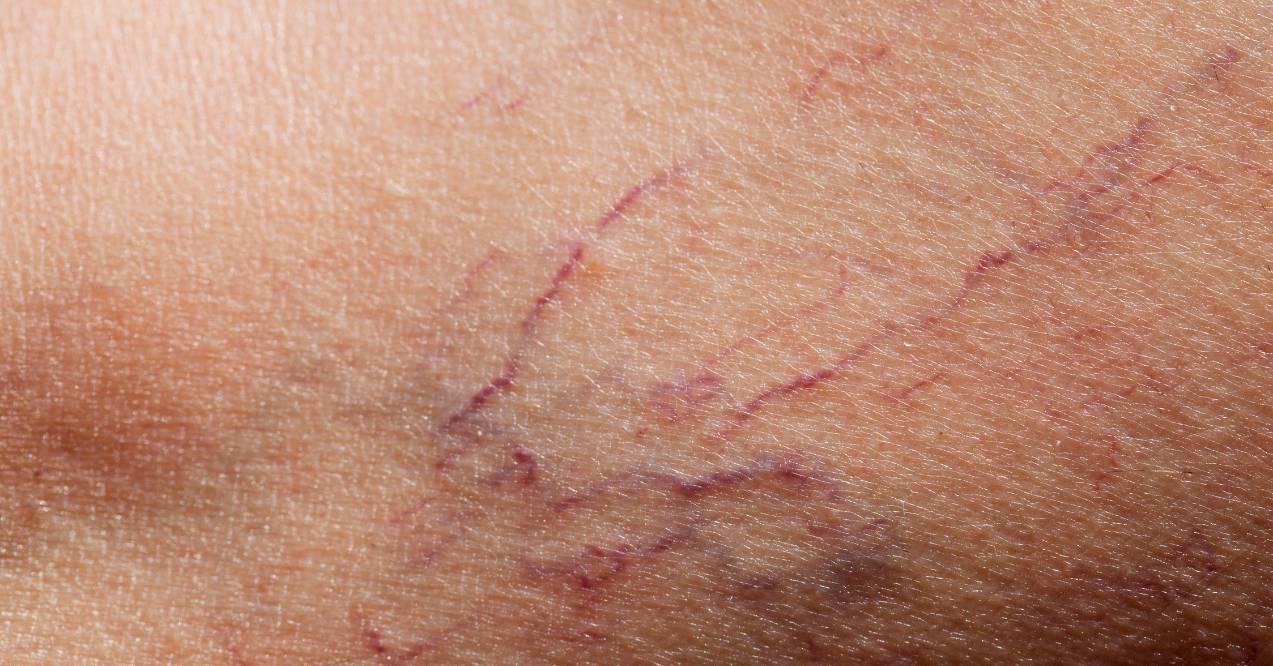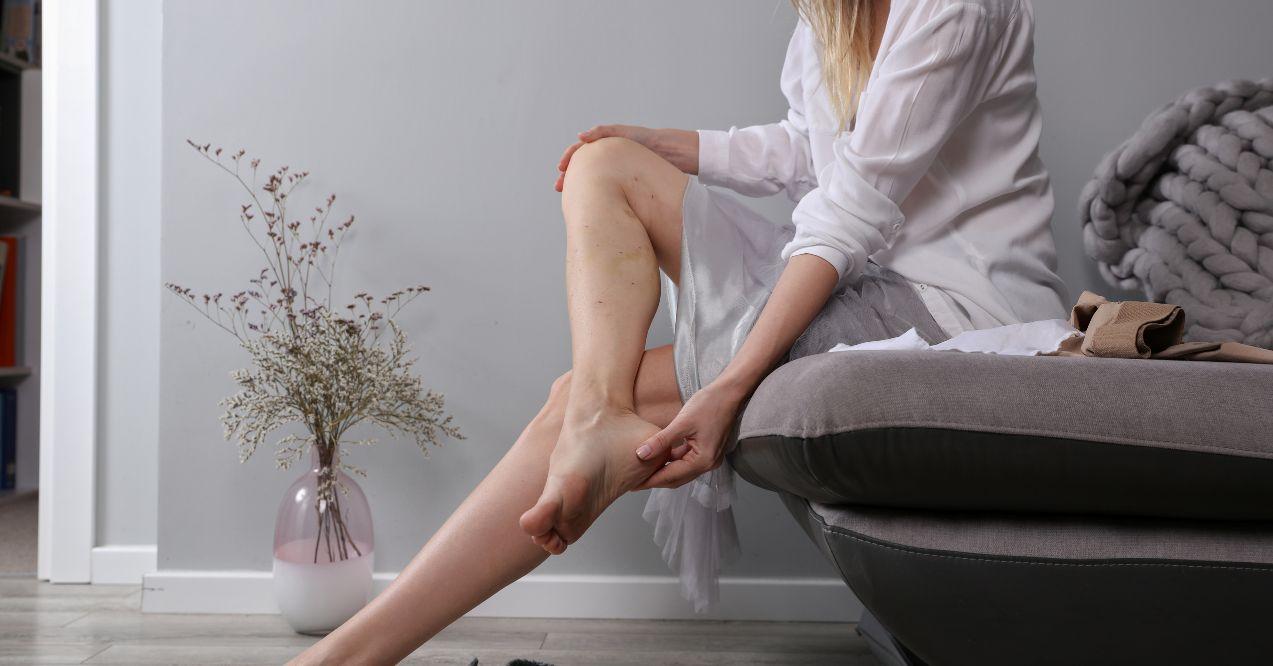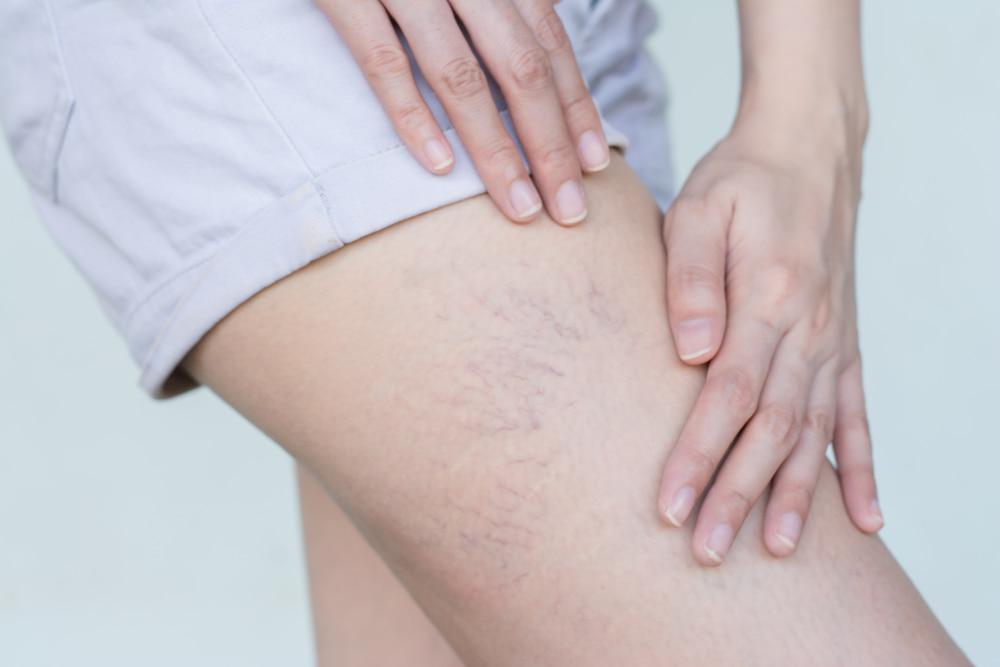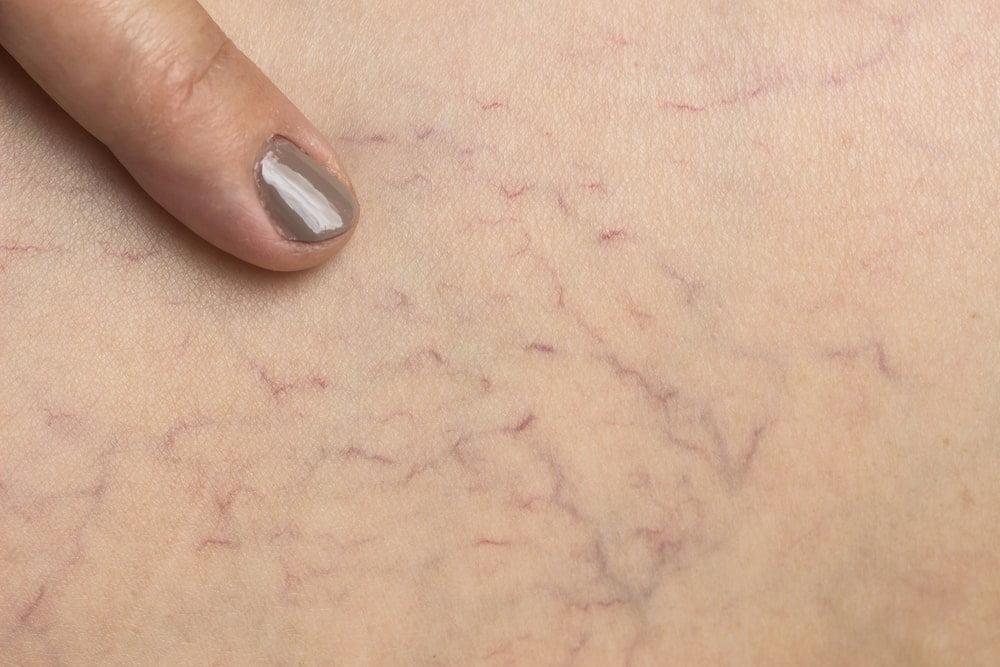Do Spider Veins Itch? Everything You Need to Know
Medically reviewed by our experts
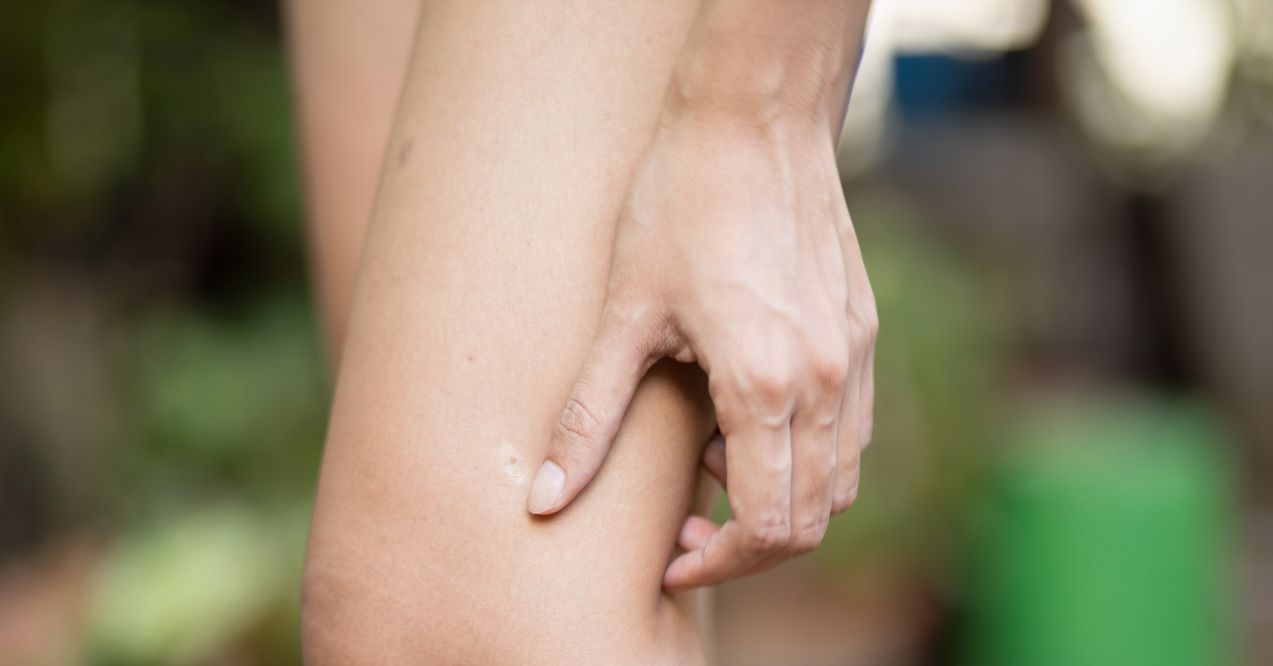

Do spider veins itch? What does it mean when your veins itch? Does it signify a severe underlying condition? These are questions that we’ll aim to answer in this article. So, if you’ve recently discovered some visible, itching veins in the arms or legs, this post is definitely worth your time.
Naturally, you’re curious. You’re probably wondering what these veins actually are. Moreover, you want to know if treating the condition is possible. After all, you want to stop feeling that itch. Nothing is more annoying than unsightly veins that make you want to scratch and scratch.
For your relief, we’ll explain all you need to know about spider veins, why they itch, and whether they’re a sign of something problematic. The second half of the article is something you won’t want to miss, as we’ll give you some tips and solutions to fix the problem from the source. Here’s a hint: it’s all about what you eat.
What Are Spider Veins?
Spider veins, also known as telangiectasias, are small, dilated blood vessels that appear close to the surface of the skin, resembling spider webs or tree branches. They are often red, blue, or purple in color. While they mostly appear on the legs, spider veins on face are also a common issue for many people.
Spider veins can result from various factors. One primary cause is the weakening of the blood vessel walls, leading to their expansion and visibility. This weakening can be influenced by genetic predisposition, hormonal changes (such as during pregnancy or menopause), and prolonged standing or sitting, which puts pressure on the veins.
Several factors increase the risk of developing spider veins. Genetics play a significant role, so if your family has a history of spider veins, you may be more prone to them. Other risk factors include age, as veins tend to lose elasticity over time, and gender, with women being more likely to experience spider veins.
Why Do Spider Veins Itch?
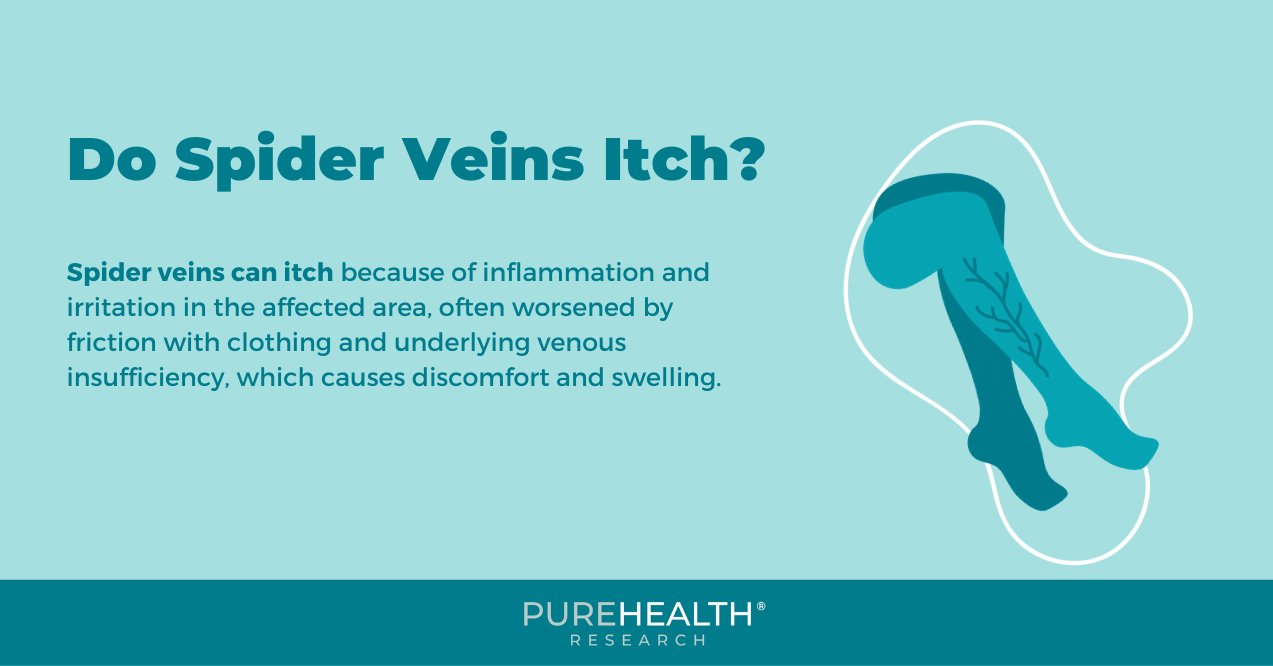
Do spider veins itch? As you scratch your veins while reading this post, you certainly know the answer to that. Itchy veins can indeed be a bothersome symptom associated with spider veins. The itching sensation may be attributed to several factors, shedding light on why those delicate veins might make you want to reach for a good scratch.
Spider veins can lead to a localized inflammation in the affected area. The dilation of these tiny blood vessels can cause irritation, triggering the release of inflammatory substances. This inflammatory response may result in itching, adding to the discomfort associated with spider veins.
The presence of spider veins close to the skin’s surface can cause mild irritation. The constant friction between the veins and clothing or other surfaces may contribute to skin irritation, leading to an itching sensation. This irritation is often exacerbated when veins become more visible or prominent.
In some cases, spider veins may be indicative of underlying venous insufficiency, a condition where the veins struggle to return blood efficiently to the heart. This can lead to increased pressure in the veins, causing discomfort, swelling, and itching. Addressing the root cause of venous insufficiency is crucial for managing both the symptoms and the appearance of spider veins.
Are Itchy Varicose Veins Dangerous?
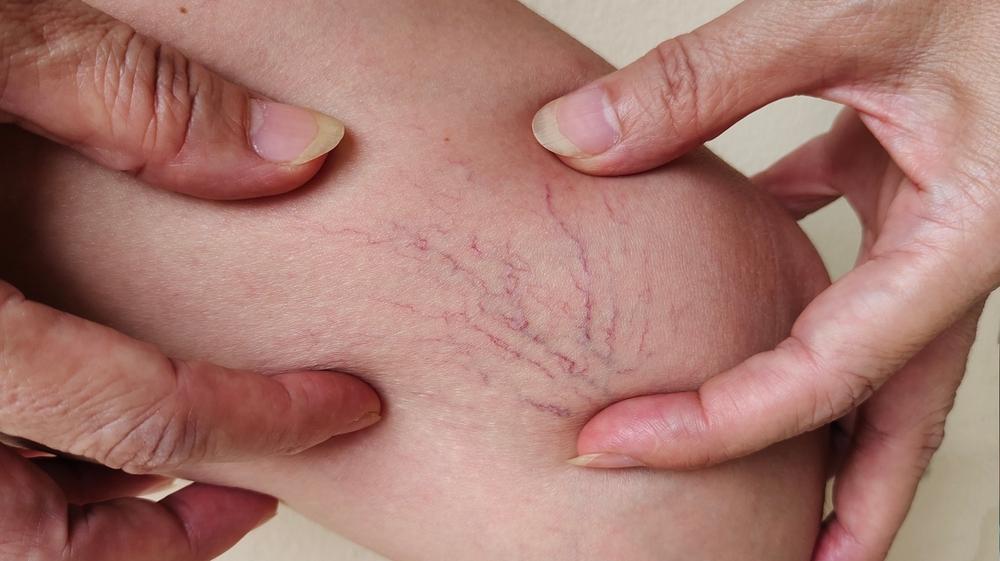
So, are spider veins dangerous? While itching veins in the legs can be a source of discomfort, the itch is not necessarily dangerous in most cases. It is often a symptom rather than a direct indication of a severe issue. However, it’s crucial to pay attention to other accompanying symptoms and understand when itching might be a sign of a more serious underlying problem.
Additionally, when discussing spider veins vs varicose veins, it’s important to note that varicose veins are more likely to cause discomfort and potential complications compared to spider veins, which are primarily a cosmetic concern.
- Venous Stasis – Itching in varicose veins can sometimes be associated with venous stasis, a condition where blood pools in the veins due to impaired blood flow. This stagnant blood can lead to increased pressure in the veins, resulting in fluid leakage, which can irritate the skin and cause symptoms such as itching. If left untreated, venous stasis can progress to more severe complications, including skin changes and ulcers.
- Skin Ulcers – In advanced cases, untreated venous insufficiency or stasis can result in skin changes and, ultimately, venous ulcers. These ulcers are open sores that can develop on the skin, particularly around the ankles. If you notice any signs of skin discoloration, persistent itching, or the development of sores, it’s crucial to seek prompt medical attention.
If you experience persistent and bothersome itching associated with varicose veins or notice any changes in the skin, it’s advisable to consult a healthcare professional. Additionally, seek medical attention if you observe signs of irritation, redness, discoloration or swelling, or if pain accompanies the itching.
How Do You Treat Itchy Spider Veins?
Do your spider veins itch so much that you’re at your wits’ end? Don’t suffer in silence. You can address your issue with these options.
Medicated Creams
Certain topical creams and ointments containing ingredients like horse chestnut extract or witch hazel may provide relief from itching. However, their effectiveness can vary, and it’s advisable to consult with a healthcare professional before using them.
Antibiotics
If there is an underlying skin infection or complication, such as cellulitis associated with the spider veins, your doctor may prescribe antibiotics to treat the condition. It’s important to note that antibiotics target bacterial infections and would not directly address the cosmetic or circulatory aspects of spider veins.
Dressings
Have you developed skin changes, ulcers, or any other complications associated with spider veins? If so, a medical professional may recommend appropriate dressings as part of the treatment plan. For example, if there are venous ulcers or open sores, dressings can help facilitate proper care and keep the area sterile.
Supplements
In addition to these treatments, incorporating the supplements for vein health into your routine may help support vascular function and reduce discomfort. Supplements containing ingredients like horse chestnut extract, butcher’s broom, or flavonoids are commonly used to promote healthy veins and may alleviate some of the symptoms associated with spider veins. Always consult with your healthcare provider before starting any new supplement.
How Can You Manage Itchy Spider Veins at Home?
Why do spider veins itch? The cause lies in inflammation or venous insufficiency, as mentioned above. If you’re looking for home-based approaches to alleviate your issue, this section will be extremely helpful.
Moisturizer
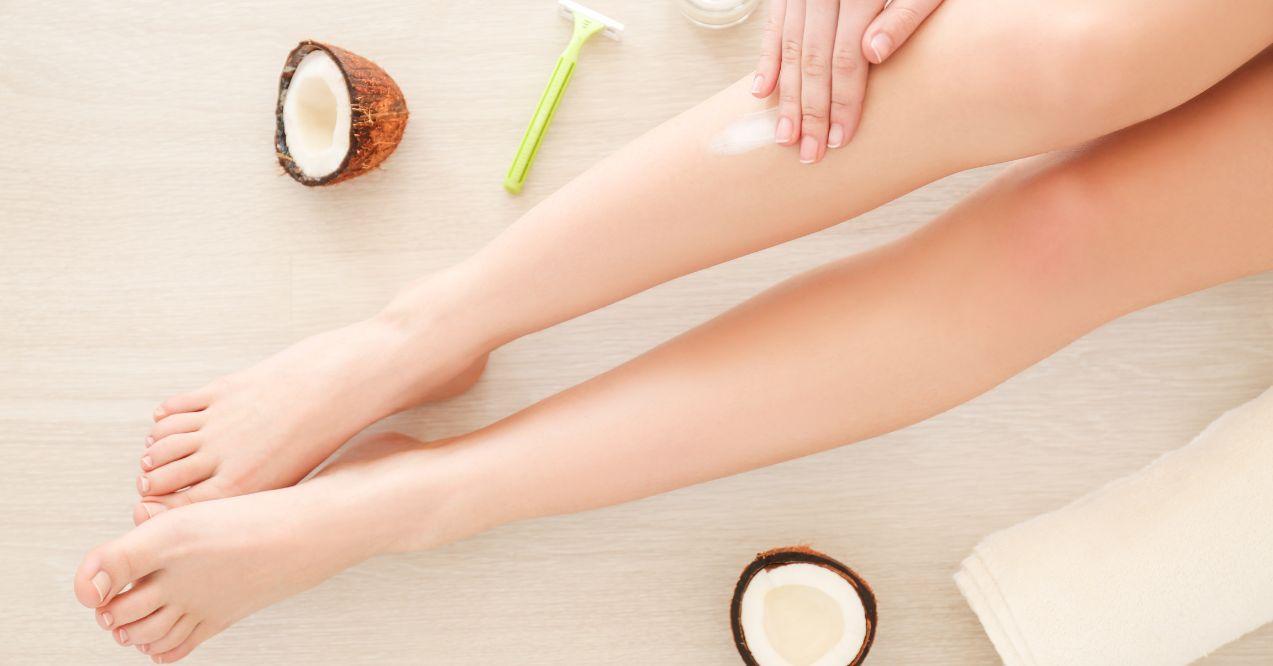
Look at your skin. Is it dry? If that’s the case, you may need to drink more water. Furthermore, it won’t hurt to use a moisturizer. Dry skin isn’t as resilient as its counterpart. It’s also bound to experience some form of irritation, and that includes itching.
A moisturizer will provide your skin with the necessary hydration so that it remains healthy. It helps in the following ways:
- Creates a barrier on the skin’s surface
- Prevents water loss
- Promotes hydration
When you have spider veins, you’ll notice that your skin changes. What was once smooth and plump may now be thin or discolored. While moisturizing isn’t a direct treatment for spider veins, it can help reduce related skin issues.
Wear Compression Stockings
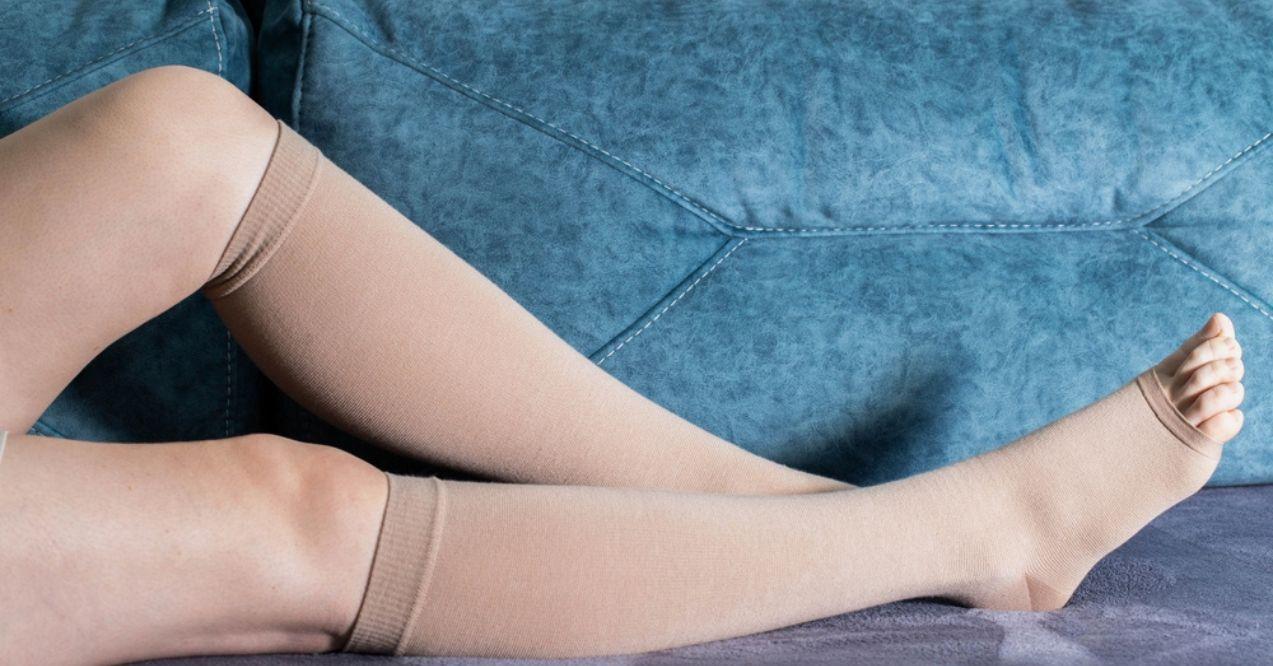
Compression stockings are specialized garments designed to apply pressure to the legs, promoting better blood flow and reducing the symptoms associated with spider veins. Wearing compression stockings is a commonly recommended method for managing spider veins. These stockings help improve blood flow and reduce swelling, alleviating symptoms such as itching. Besides stockings, you may also try elastic and non-elastic bandages, boots, and hosiery.
Compression stockings exert graduated pressure, meaning they are tighter at the ankle and gradually loosen as they move up the leg. This design helps to facilitate blood flow from the legs back to the heart. By compressing the veins, these stockings assist in overcoming the effects of gravity and prevent blood from pooling in the veins near the surface of the skin.
By compressing the veins, these stockings decrease the diameter of the blood vessels, lowering venous pressure. This reduction in pressure is particularly beneficial for individuals with spider veins, as it helps prevent further dilation and minimizes the risk of symptoms such as itching.
Elevate Legs
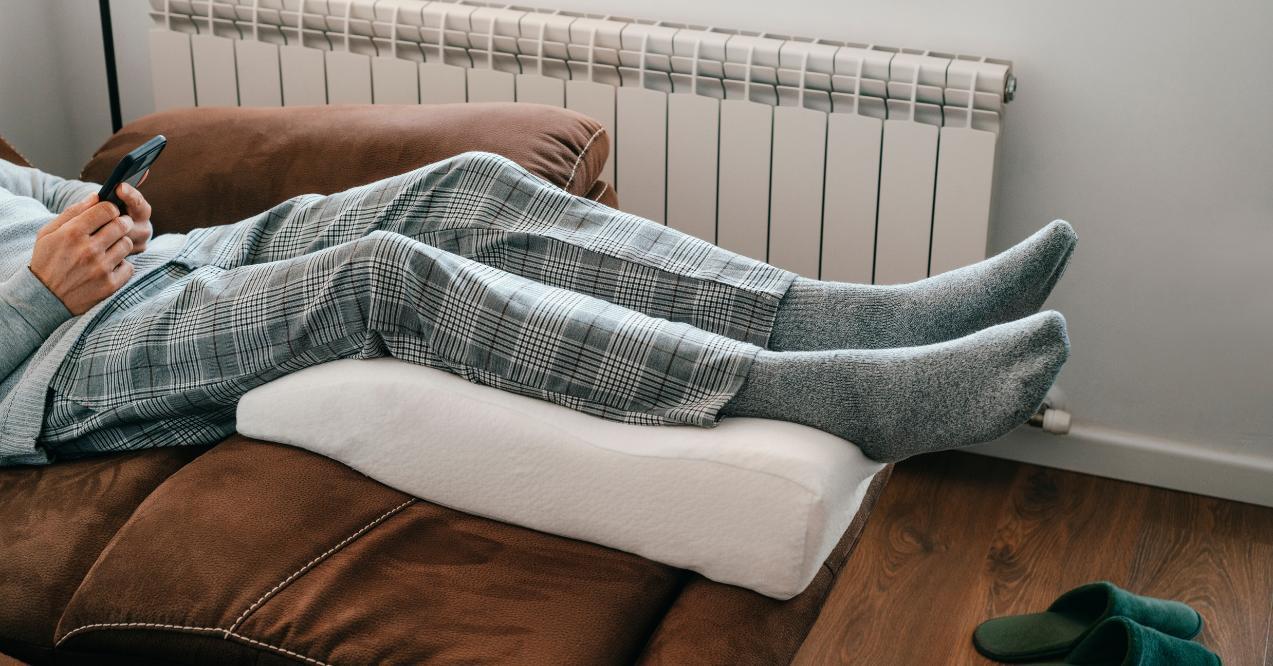
Leg elevation is a simple yet effective at-home measure that can contribute to the relief of symptoms associated with itchy spider veins. The principle behind leg elevation is to reduce the pressure on the veins in the lower extremities, promoting better blood flow and alleviating discomfort.
When you elevate your legs, especially above the level of your heart, gravity assists in reducing the pressure within the veins. This, in turn, helps to improve blood flow back to the heart and can reduce blood pooling in the veins near the skin’s surface. By lowering venous pressure, leg elevation can mitigate the symptoms of venous insufficiency, including itching.
Key Takeaways
Do spider veins itch? Are itchy varicose veins dangerous? What can you do for relief? In this article, we’ve addressed all these questions and more. As you can see, despite the annoying itchiness you experience, the condition may not necessarily indicate a severe issue. Nonetheless, you should take the appropriate approach to vein health.
As we wrap up our exploration of spider veins and their associated symptoms, let’s empower ourselves with actionable steps toward better vein health. To reiterate our points, some ways to overcome itchy veins include:
- Medicated creams
- Leg elevation
- Compression stockings
Your veins play a crucial role in your health, and taking proactive steps can make a significant difference. So, let’s commit to prioritizing our vein health – because a small investment in prevention today can lead to a more comfortable and active tomorrow. Take charge, consult with a professional, and embark on a journey to healthier, happier veins.
Itching veins can be a symptom of various factors, including inflammation, skin irritation, or underlying venous insufficiency. If your veins itch persistently, it’s advisable to consult with a healthcare professional for a thorough evaluation and personalized guidance.
While itching in spider veins itself may not always indicate a serious issue, it can be a symptom of underlying concerns like inflammation or venous insufficiency.
While spider veins may have a genetic component and one cannot entirely prevent them, certain lifestyle measures can help minimize their occurrence and alleviate symptoms. These include exercising regularly, maintaining a healthy weight, elevating the legs, and using compression stockings.




